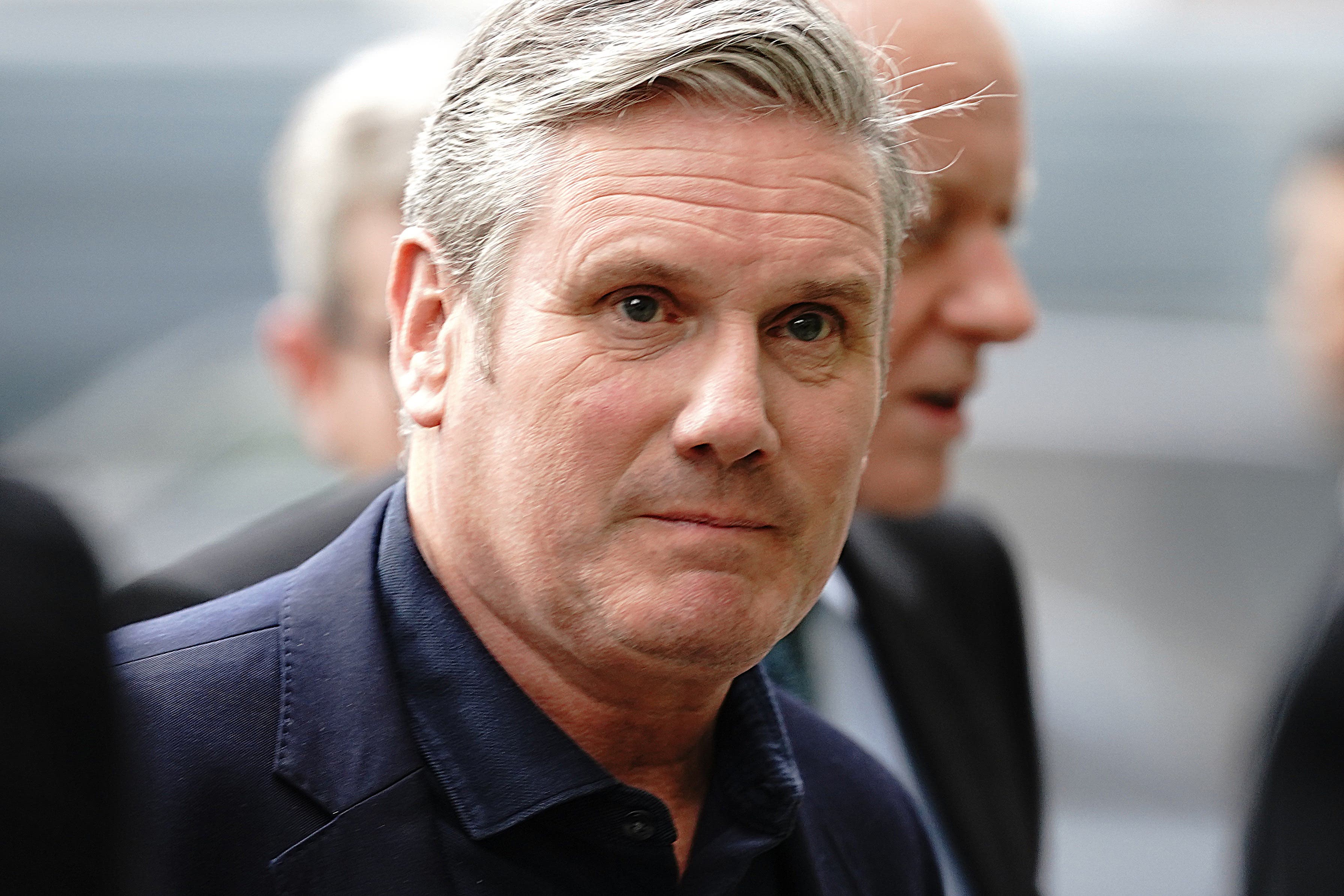‘No complacency’ Keir is right to urge caution – Labour has history snatching defeat from the jaws of victory
Labour’s runaway momentum and tantalising 21-point poll lead can fizzle into a crushing election defeat in the blink of an eye, writes John Rentoul, just as it has time and again


We have been here before. A media consensus pumped up by opinion polls shaping political coverage in the run-up to an election. I remember the 1992 election campaign. Even Tony Blair, who generally refused to believe opinion polls pointing to a Labour win, briefly thought he was going to be a minister when one poll put Labour far ahead.
I remember sitting with Peter Kellner, then a journalist, later president of YouGov, on the roof of the BBC watching the dawn break on the morning after the election. We had worked together on the election-night results programme – now we reflected on why most commentators had been so sure that Neil Kinnock would be prime minister.
I remember the 2015 election. Ed Miliband expected to be in No 10, either at the head of a majority Labour government or relying on the support of minor parties. He had had talks with most of them beforehand, including the Democratic Unionist Party of Northern Ireland. I remember travelling on David Cameron’s battle bus through Liberal Democrat seats in middle England and wondering why we were there rather than in Conservative-Labour marginals.
The reporting of politics in the long run-up to both the 1992 and the 2015 elections was driven by the assumption that Labour was going to win. Both times, the British people had other ideas.
There is a big difference between those two occasions and now: Labour’s opinion poll lead is bigger than it was before either of those elections. At this stage before the 1992 election, the two main parties were neck and neck in the polls because the Conservatives had just got rid of Margaret Thatcher, following a whole year in which Labour was a long way ahead. For most of the remaining run-in, Labour’s lead dwindled to an average of only two or three points.
Sixteen months before the 2015 election, Labour was seven points ahead; a lead that was whittled down to nothing by polling day. Whereas now, 16 months before a likely October 2024 election, Labour is 21 points ahead. Not quite as far ahead as Labour was under Tony Blair – at the beginning of 1996, Labour was about 26 points ahead – but Labour’s lead currently is big enough and sustained enough to induce deep gloom among most Tories.
“We just have to hope that something unidentified turns up, like an alien invasion. It’s not a great strategy but that’s where we are now,” said one anonymous Tory MP to Huffington Post this week.
But you can see why Keir Starmer’s mantra is “no complacency”. And you can understand why he and Rachel Reeves, the shadow chancellor, are ruthless about rooting out any traces of a Kinnockite or Ed Milibandite “soft left” programme.
It is worth going back to the period before the 2015 election. Chris Mullin records in his diaries – the latest volume of which has just been published – an encounter in October 2014 with Nick Brown, Labour’s former chief whip, sacked by Ed Miliband. Mullin, an independent-minded Labour MP who left parliament in 2010, asked Brown what he thought of the party’s prospects at the election, expected in seven months’ time. “We will probably lose,” said Brown. “Our numbers one and two are not credible compared to the incumbents.”
He thought Cameron-Osborne would beat Miliband-Balls, and he was right. A student of the Brown law of politics might conclude that if the British people thought the choice would be between Sunak-Hunt and Starmer-Miliband, they would prefer Sunak-Hunt. But if the choice is between Sunak-Hunt and Starmer-Reeves, I think that they would prefer Starmer-Reeves.
This is a tribute to the seriousness with which Reeves has built her reputation as a guardian of fiscal responsibility – and to the ruthlessness with which she and Starmer have sought to remove any policy that might put people off voting Labour.
But the job is not quite finished yet, and there is a danger of a poll-driven media narrative amplifying voices urging Starmer to be bold, and to offer a “radical” programme paid for by higher borrowing.
I don’t expect Starmer or Reeves to listen to those siren voices, but how far will the wider party support them in repudiating Milibandism?






Join our commenting forum
Join thought-provoking conversations, follow other Independent readers and see their replies
Comments